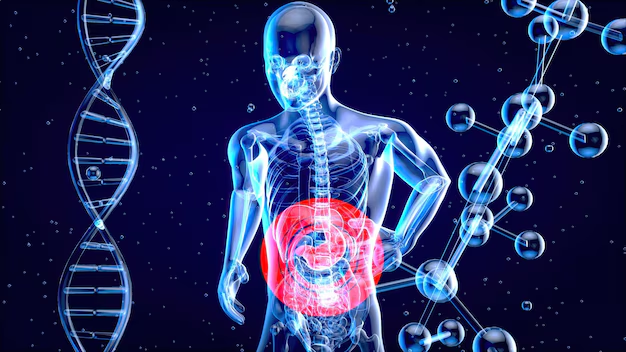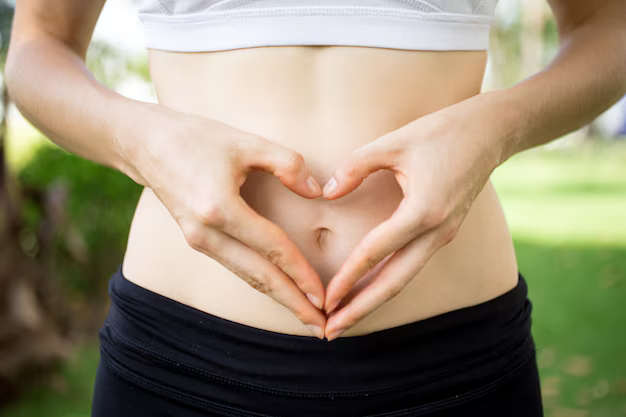Sustaining optimal gut health is important for general well-being. Your gut, frequently called the “second brain,” is home to trillions of microorganisms collectively known as the microbiome. These microscopic organisms play a vital role in digestion, opposition function, and even mental health. When the ratio of these microorganisms is disrupted, it can lead to digestive issues and other health problems. Comprehending how to maintain a wholesome microbiome can be a game changer for your wellness.
The Essence of Gut Health
Gut health goes past just bypassing digestive pain like bloating or constipation. A healthy gut helps the body damage food, absorb nutrients, and stop waste efficiently, donating to general digestive wellness. It also recreates an influential role in immune function, as a large part of the immune system is found in the gut. Also, the gut is deeply attached to the brain via what’s called the gut-brain connection, which means gut health can affect mood, stress levels, and cognitive function.
The Microbiome and Its Role
Your microbiome is the assembly of bacteria, fungi, viruses, and other microbes living in your digestive tract. These microorganisms are essential for maintaining healthy digestion. The beneficial bacteria in your gut help break down complicated carbohydrates, proteins, and fats, helping in nutrient absorption. They also produce vital vitamins and short-chain fatty acids that support gut lining integrity and prevent conditions like leaky gut, where harmful implications can leak via the intestinal walls into the bloodstream.
A myriad microbiome is key to digestive wellness. When the proportion between good and bad bacteria in the gut is disrupted, it can lead to various health issues, including irritable bowel syndrome (IBS), food prejudices, and even provocative diseases.

Probiotics and Prebiotics for Gut Health
To maintain a healthy microbiome, including probiotics and prebiotics in your diet is vital. Probiotics are live bacteria that stimulate the growth of restorative gut bacteria. They can be located in fermented foods such as yogurt, kefir, sauerkraut, kimchi, and kombucha. Routine consumption of fermented foods helps replenish and offset the good bacteria in your gut, supporting gut health.
On the other hand, prebiotics are non-digestible fibers that feed the restorative bacteria in your gut. Foods high in prebiotics include garlic, onions, asparagus, bananas, and oats. A diet rich in prebiotics can improve gut diversity and enhance digestive wellness.
Avoiding Leaky Gut and Promoting Healthy Digestion
A key issue related to poor gut health is a leaky gut, a condition where the gut lining becomes permeable, allowing toxins and undigested food particles to pass into the bloodstream. This can lead to inflammation, allergies, and even autoimmune conditions. To avoid leaky gut, it’s paramount to preserve a healthy gut lining by eating a nutrient-dense diet and avoiding processed foods, extreme alcohol, and stress, which can all negatively impact gut health.
Including foods rich in fiber, healthy fats, and fermented effects can sustain the gut barrier and promote healthy digestion.
Climax Fostering good gut health is essential for your general well-being. By nourishing your microbiome with a diet rich in probiotics, prebiotics, and fermented foods, you can improve digestive wellness and keep both your body and mind. The gut is truly the foundation of health, and paying awareness to it can improve not only digestion but also immune function, mood, and general vitality. Make gut health a focus, and you’ll notice the difference in every aspect of your wellness travel.







